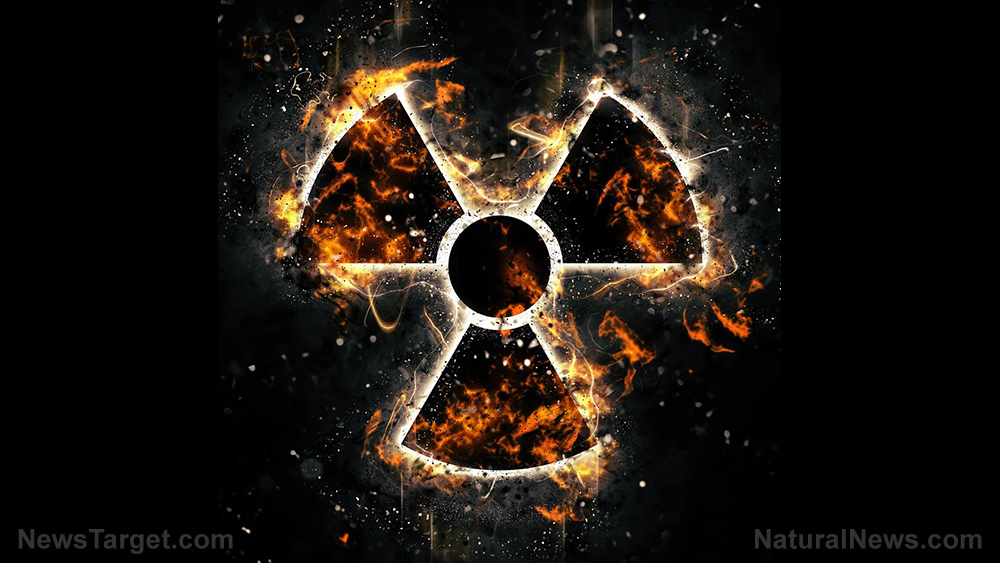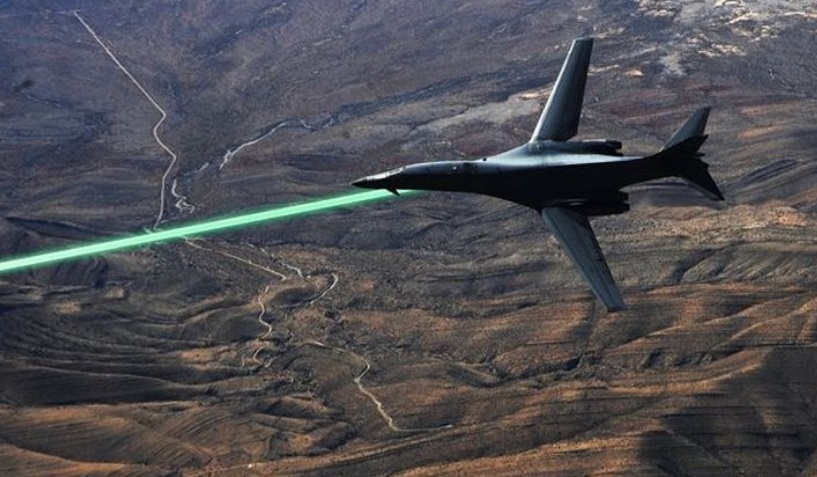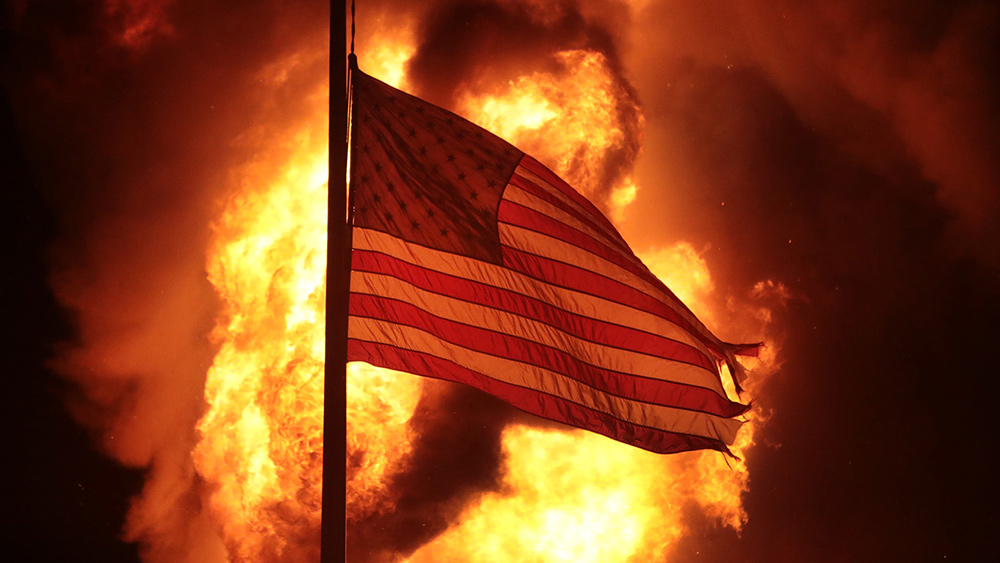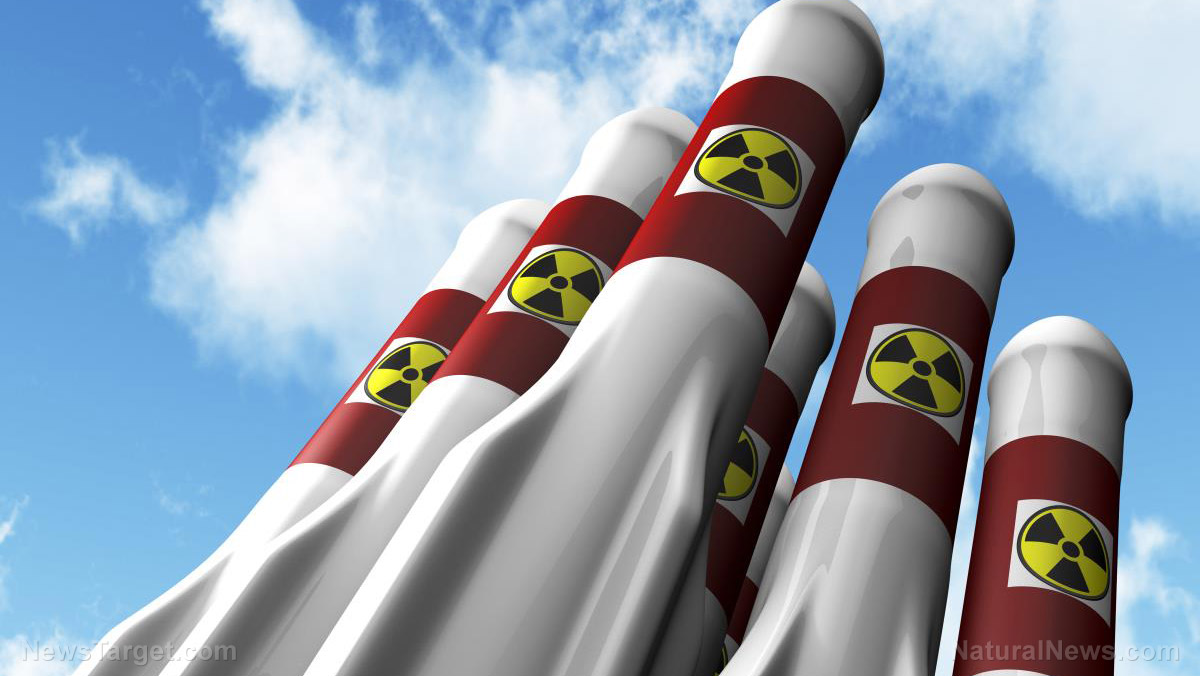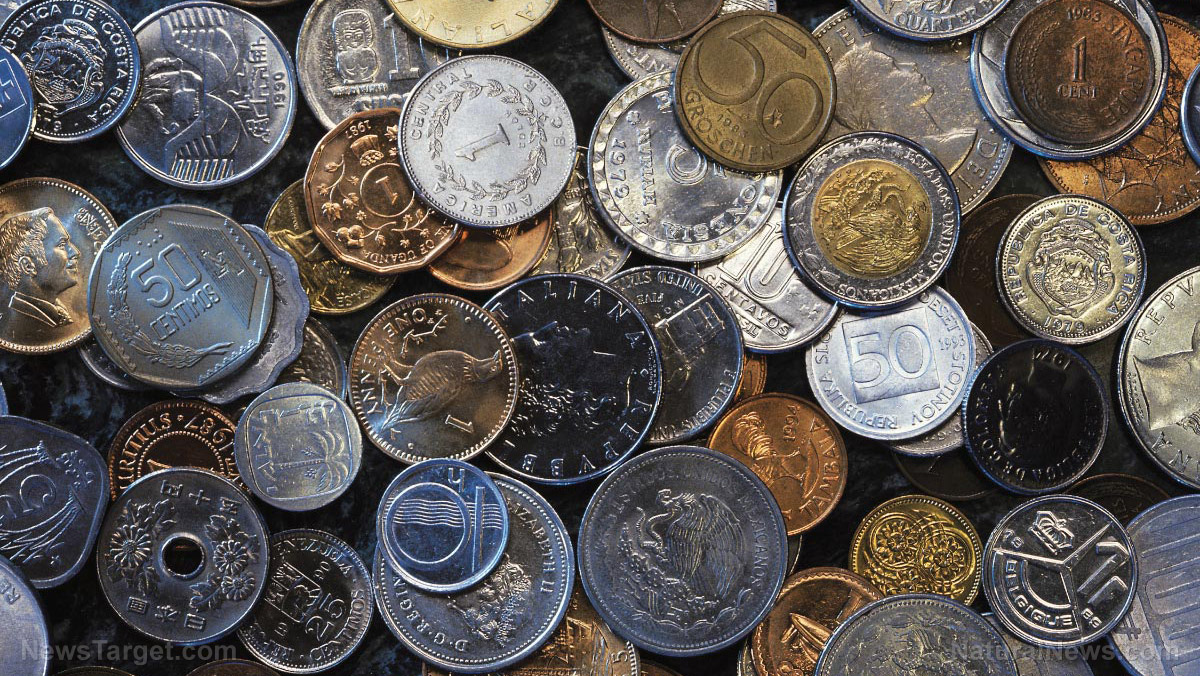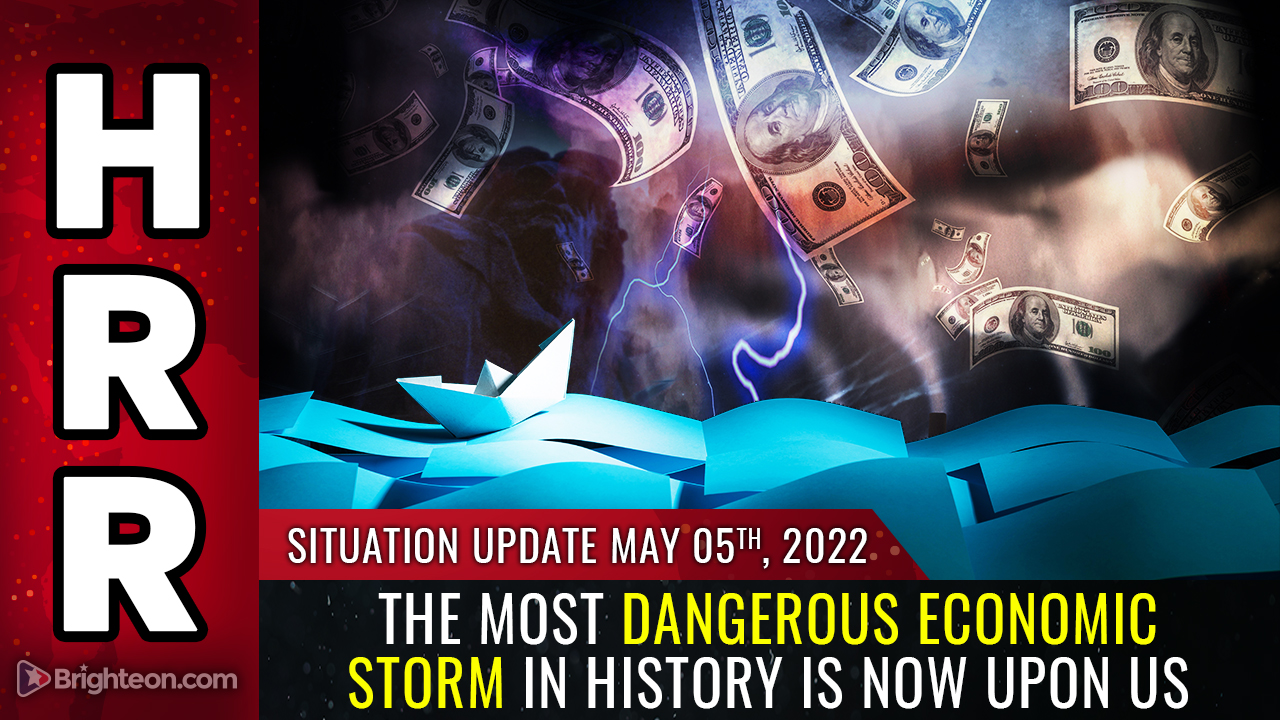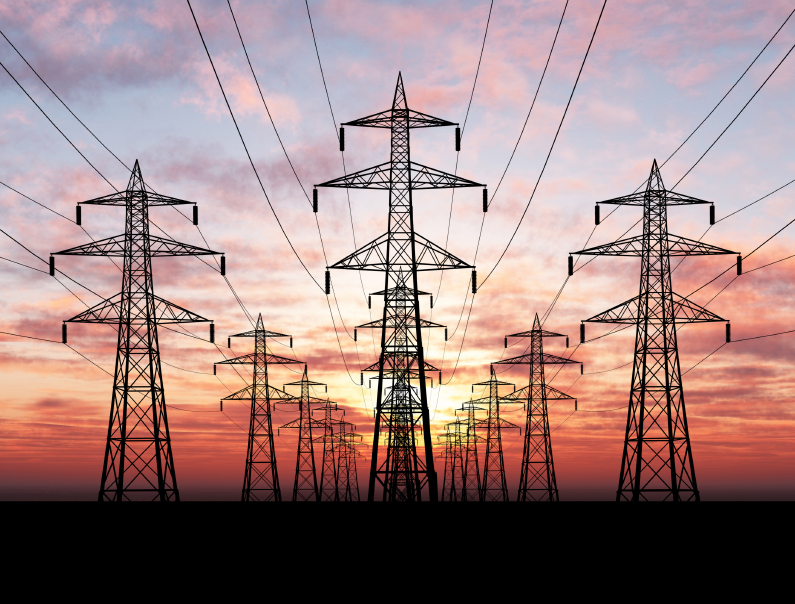US crude oil surges to 13-year high of $130 a barrel as Russia-Ukraine war escalates
03/08/2022 / By Arsenio Toledo
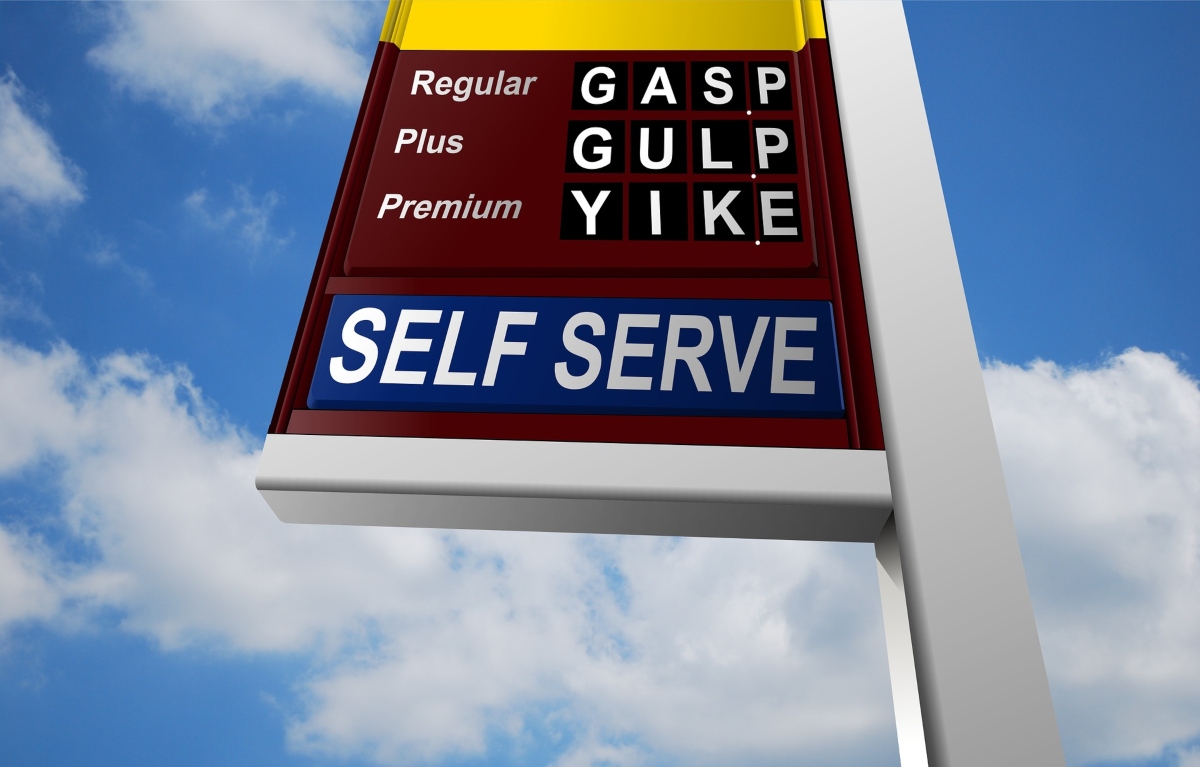
As oil buyers and investors race to replace Russian crude oil, its price has surged to a 13-year high of $130 a barrel.
Right around when the Russian invasion of Ukraine began, the price of oil went above $100 a barrel for the first time since 2014. Since then, the price of oil has skyrocketed even further. Last week, the price of crude oil in America topped $110 a barrel. (Related: Oil prices surge to multi-year highs as Ukraine conflict causes ripple effect in global oil prices.)
In the off-hours trading late on Sunday, March 6, crude oil prices burst above the $130 mark following a renewed effort by Russian forces to break through the stalwart Ukrainian defenses, mounting civilian casualties and a push by U.S. lawmakers to ban Russian oil imports.
“Oil is rising on the prospect for a full embargo of Russian oil and products,” said John Kilduff of capital market corporation Again Capital. “Already high gasoline prices are going to keep going up in a jarring fashion. Prices in some states will be pushing $5 pretty quickly.”
At one point on Sunday evening, the price of Brent crude, one of the international benchmarks for the price of oil, hit a high of $139.13, its highest price since July 2008. It later settled at $123.21 per barrel, up by 4.3 percent.
Rebecca Babin, senior energy trader for Canadian investment firm CIBC Private Wealth Management, attributed the rally of crude oil prices to the reluctance of the German government to ban Russian energy exports.
“Crude is coming off the highs following comments from Germany saying they have no plans to halt Russian energy imports, indications that the U.S. is exploring replacement barrels from Venezuela and Saudi Arabia,” said Babin. “Probably the most important takeaway from the trading action this morning is that the situation is extremely fluid.”
Stock markets slump as oil prices surge, inching America closer to economic collapse
On Monday, March 7, the main stock indexes on Wall Street experienced a massive drop as the prospect of a complete ban on oil imports from Russia sent stocks reeling and crude oil prices soaring.
The Nasdaq Composite index ended down 20.1 percent from its record-high close from Nov. 2019. The selloff in the Nasdaq also impacted the Dow Jones Industrial Average, which dropped by 11 percent below its record high since early January.
The S&P 500 fell by 127.78 points or three percent – its largest one-day percentage decline since Oct. 2020.
The last time the Nasdaq and the Dow entered correction periods were in March 2020 and Feb. 2020, respectively. The S&P 500 entered a correction period most recently on Feb. 22, just as tensions in Eastern Europe were escalating.
Mona Mahajan, senior investment strategist for investment company Edward Jones, noted that concerns about the price of oil also led to investors worrying about its effects on inflation and the potential for stagflation. “I think there is just a broader concern that there may be a hit to growth from the consumer given higher prices at the pump,” she said.
“The market’s on increasingly shaky ground,” said Hans Olsen, chief investment officer for financial services company Fiduciary Trust. “When you combine the price shocks that we’re seeing in the energy [industry] on one hand and the galloping inflation that we’re dealing with, on the other hand, that’s a really tough mix for an equity market to hold valuations where we are right now.”
Patrick De Haan, lead petroleum analyst for GasBuddy, warned that the price of a barrel of crude could break the $150 a barrel record set during the Great Recession of 2008. He also warned that the instability in the global markets might not go back to normal by year’s end.
“I don’t know that [oil price inflation] will slow down this year,” he said. “The economy is ripe for motorists to discount what we’re seeing at the pump.”
More related stories:
US oil prices rise to a 7-year high as conflict between Russia and Ukraine continues.
Ongoing Russia-Ukraine conflict pushing global economy closer to collapse.
Sen. Cotton says gas prices will continue to rise, calls for deregulation of energy production in US.
Ukraine invasion highlights the need to boost U.S. domestic energy production.
The economic sanctions have caused global oil prices to surge. According to this episode of the “Health Ranger Report” by Mike Adams, the Health Ranger, the sanctions will also lead to global crop collapse and famine.
This video is from the Health Ranger Report channel on Brighteon.com.
Learn more about how the sanctions on Russia are affecting oil prices at MarketCrash.news.
Sources include:
Submit a correction >>
Tagged Under:
Bubble, chaos, Collapse, conflict, economic collapse, economic crash, economic crisis, economic sanctions, fuel prices, gas prices, market crash, oil prices, Russia, Russo-Ukrainian War, Ukraine, World War III
This article may contain statements that reflect the opinion of the author
RECENT NEWS & ARTICLES
COPYRIGHT © 2017 CHAOS NEWS



